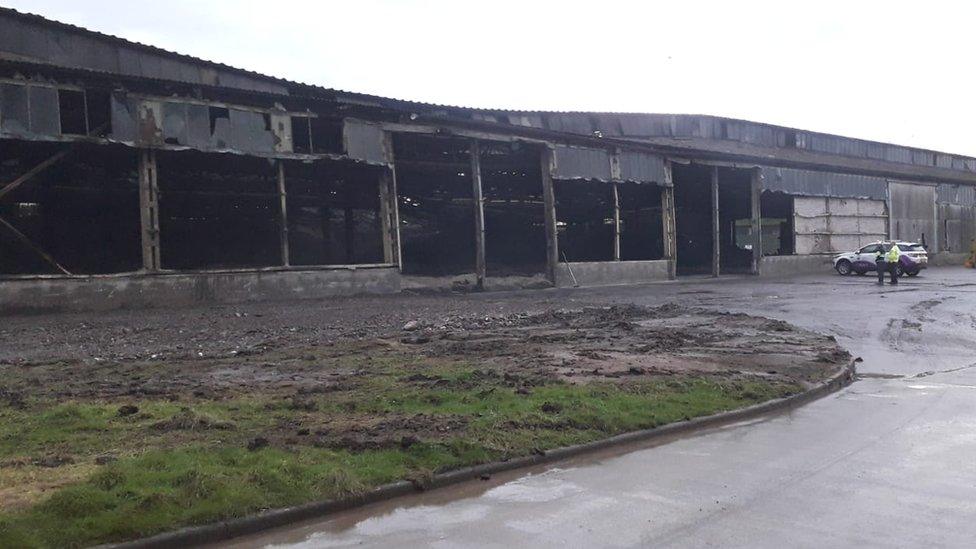Safety fears raised over waste site plans
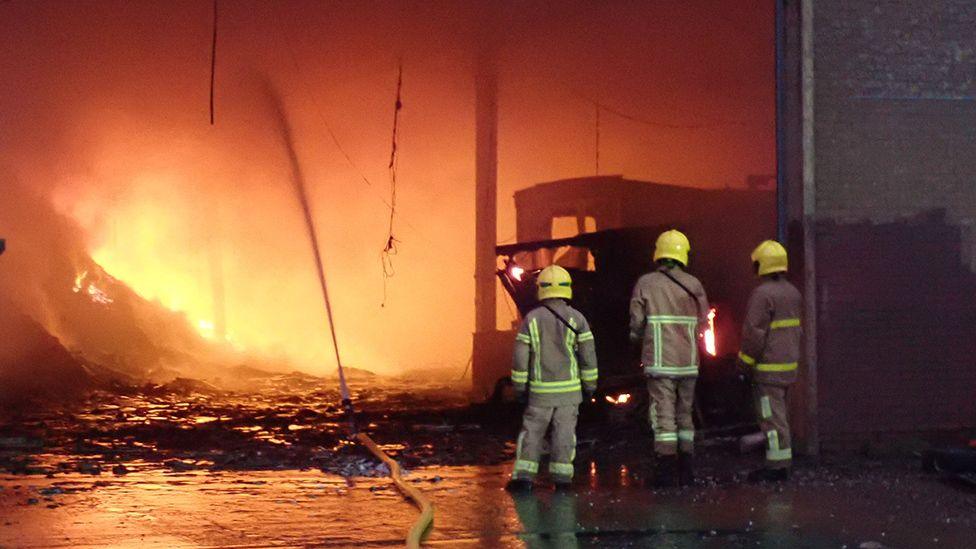
The fire near the village of Rockcliffe burned for a month
- Published
People living near the site of a major fire have said documents uncovered by the BBC raise questions over the safety of a new plant planned in the same place.
The papers reveal the Environment Agency (EA) accused North West Recycling Ltd (NWR), which runs the site near the village of Rockcliffe in Cumbria, of illegally storing waste and failing to adequately manage fire risk.
The company denied any wrongdoing and was not prosecuted over the blaze, which lasted a month and was deemed accidental.
Residents are worried about future risk following the submission of plans for a facility that would produce fuel gas by heating waste.
The 2021 fire took place in a building known as Unit D, where waste was being stored at NWR’s waste management site north of Carlisle.
A report by Cumbria Fire and Rescue Service said it was accidental and contributing factors were "unknown".
Nearby residents were advised to close windows and doors and an EA call log showed people complained of breathing problems, sore throats and headaches from the fumes.
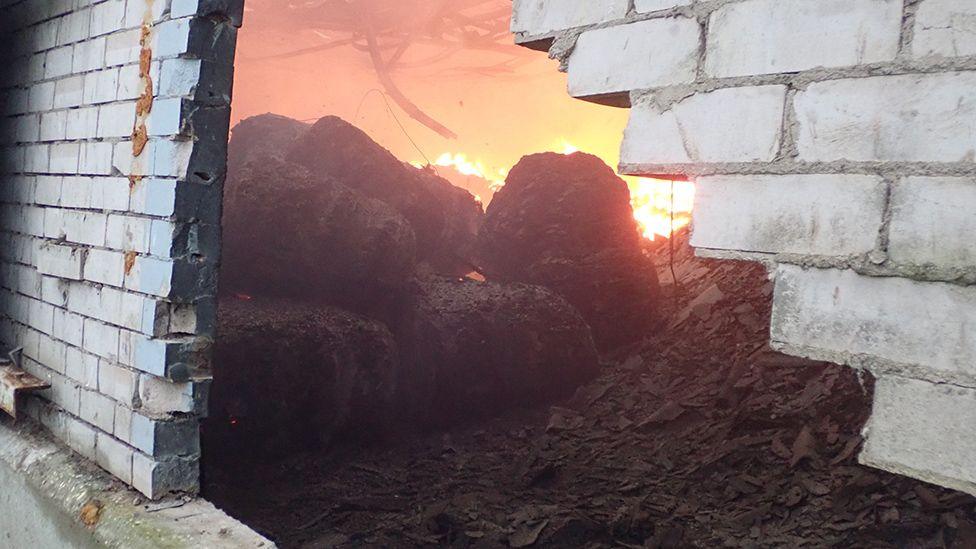
No prosecution was brought against the company running the site
Local campaigner David Mudge has seen documents obtained by the BBC via a Freedom of Information request which relate to an 18-month investigation by EA.
One paper from 2021, described as a Compliance Assessment Report (CAR), alleged fire risk was "not managed adequately" and that NWR had "committed an offence" by storing certain types of waste in the building that were not allowed.
The report was accompanied by photographs of burning waste and remnants from the fire, described as "evidence" by the EA.
Mr Mudge said: “I don't know whether these things happened, but the person who wrote this was obviously really concerned enough to put these things down.
"So that clearly raises questions about whether there's going to be a similar document in the future about new concerns."
The EA said it interviewed the company under caution in April 2022, but closed the investigation with no further action in May 2023 because it had "insufficient evidence to prove an offence had been committed".
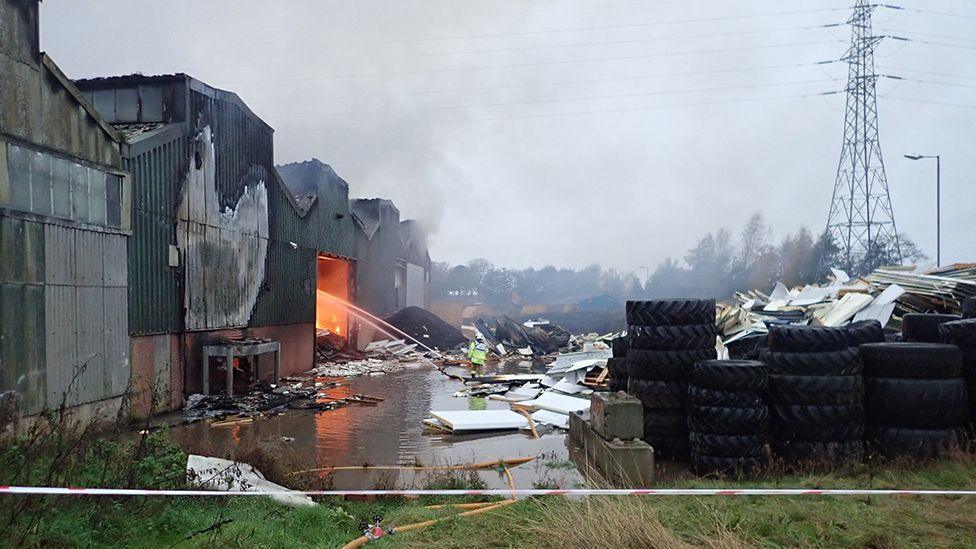
Campaigners are concerned about new plans for a "gasification" plant on the same site
Dave Bamber, responding on behalf of NWR, said the CAR report "was written by an EA officer prior to the full investigation being carried out".
"The further investigation, which took place in 2022, disputed the allegations written in the CAR report and, following this, the governing bodies did not prosecute or issue a written warning to NWR," he said.
He added the company had provided evidence that the material stored in Unit D was not what the EA claimed and complied with the relevant rules.
But Mr Mudge said the documents raised questions about how vigorously the EA had pursued the investigation.
Some papers show officers doubted whether they could get enough evidence to prove an offence, without flying a drone inside the building to take pictures.
Mr Mudge said the cost of this "wasn’t that great".
"It seems like the people on the ground just could not get approval for a little bit of money to get a drone to gather evidence. Why not?” he said.
EA said a drone "would not have gleaned any information for evidence purposes" due to the "status of the building and the waste material".
"The evidence gathered did not meet the threshold for further action and it could not be proved beyond reasonable doubt that illegal waste offences had been committed," a spokesperson said.
"We take waste crime very seriously and will take enforcement action where appropriate in line with our enforcement and sanctions policy."
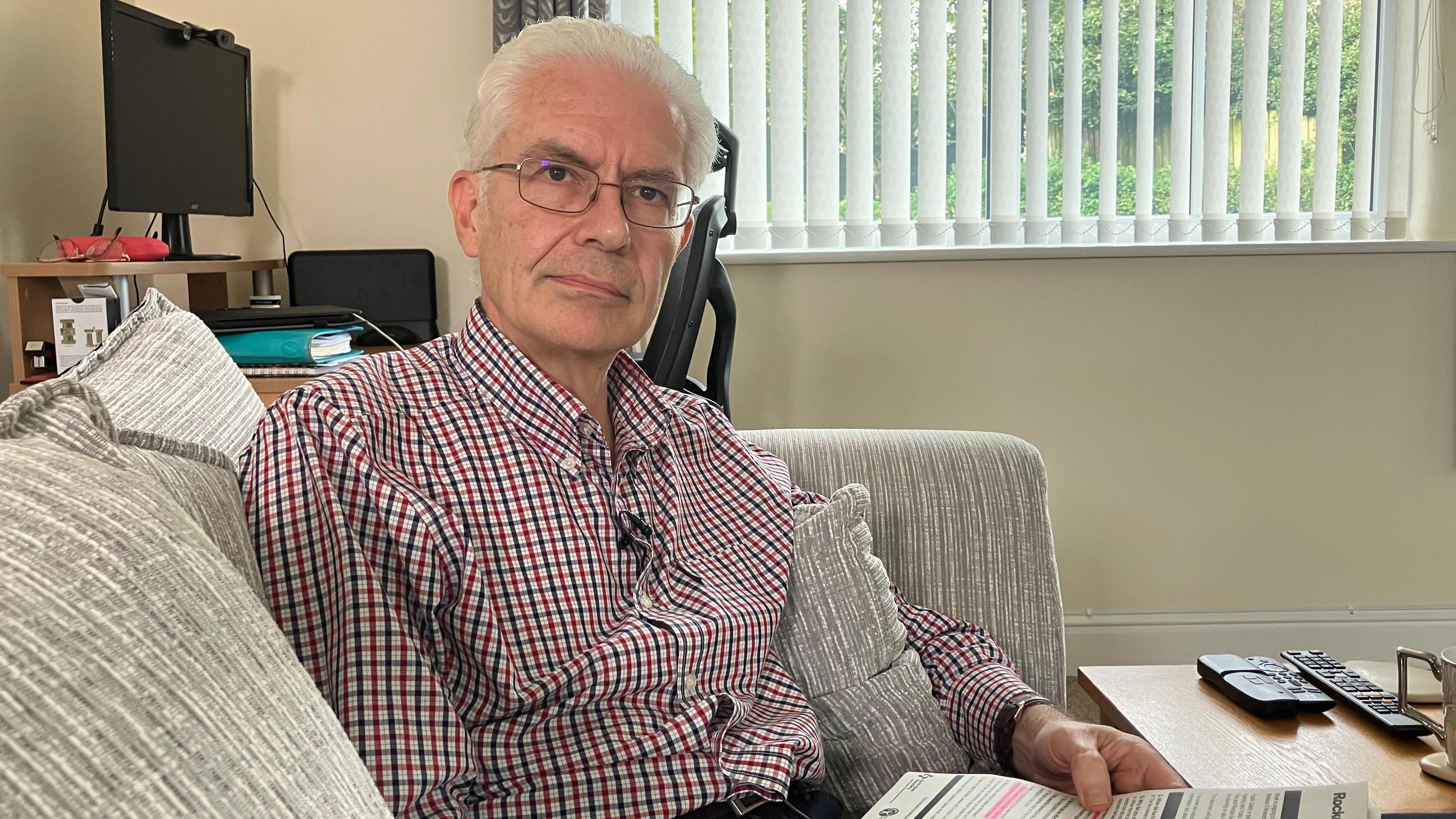
Mr Mudge said the documents raised questions around the EA probe
Residents are concerned about plans for a new "gasification" facility near to where Unit D was based, run by connected company North West Regeneration Ltd, which has the same owner and director as NWR.
It would heat up pellets made of waste such as plastic, wood and paper that cannot be recycled, creating a gas, of hydrogen and carbon monoxide.
This would be used as fuel to generate electricity and power the wider site, according to documents submitted for the planning application.
A briefing said this would replace existing diesel generators and cut carbon emissions.
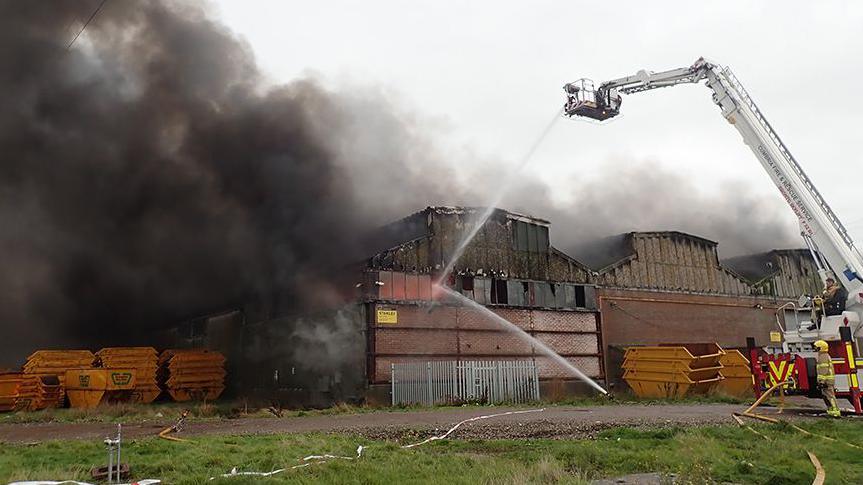
The fire service said the blaze was accidental and contributing factors were "unknown"
Farmer John Story, who has land next to the NWR facility, said the experience of 2021 made him concerned about future risk.
He said the smoke from the fire came into his house and made every room smell like "burning tyre".
"If you'd lived through it, you certainly wouldn't want another one," he added.
Mr Bamber said details of fire risk management had been included in the application.
"We have had two further fire risk assessments completed since the fire and all to the satisfaction of the fire service, who have also not raised any concerns as a consultee to the gasification project planning application," he said.
He added that NWR successfully operated a waste management business under an existing environmental permit and regulations would ensure precautions were taken before the plant was built.
He also disputed concerns raised by residents about visual impact, air pollution and traffic.
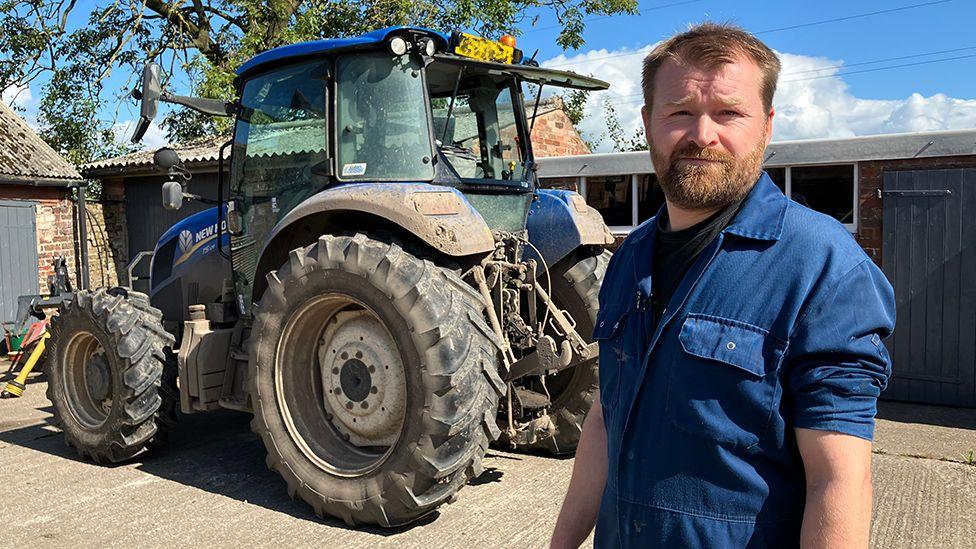
Farmer John Storey said smoke from the fire came into his house
Campaigners have questioned how thorough Cumbria Fire and Rescue Service had been in responding to the consultation on the proposal.
They pointed to a multi-agency report following the 2021 fire which said "water supplies on and surrounding the incident site" would not be sufficient for "offensive firefighting" and that water run-off could affect rivers and streams.
Assistant chief fire officer Brian Massie said "suitably qualified and experienced fire protection inspectors" had assessed the application and could only consider "access for emergency vehicles and water supply".
"We are satisfied that the site would remain accessible to emergency vehicles and that sufficient water for firefighting purposes would be available should an emergency occur," he said.
Mr Bamber said NWR’s annual fire risk assessment included "the protection of all watercourses in the event of a fire".
Follow BBC Cumbria on X, external, Facebook, external, Nextdoor and Instagram, external. Send your story ideas to northeastandcumbria@bbc.co.uk.
Related stories
- Published7 December 2021
